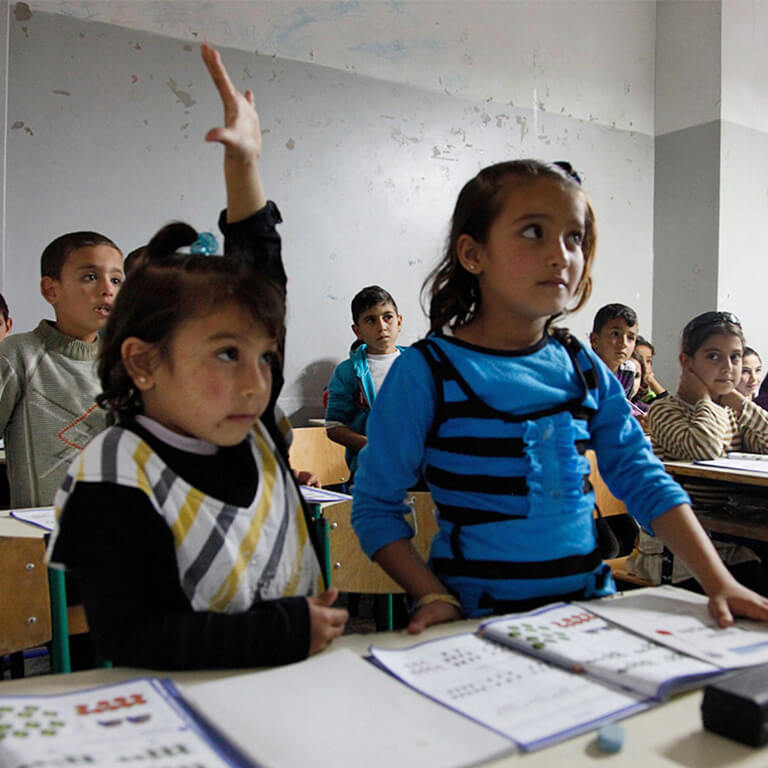Even during a pandemic, K-8 teachers gathered virtually to explore how today’s challenges affect everyone during an institute on sustainable development this fall.
By using the UN Sustainable Goals Framework, participants of the K-8 Institute on Using the UN Sustainable Development Goals explored how today's pressing challenges are experienced in local communities and around the world. The second part of the institute this fall followed a webinar in June and spanned four weeks. Due to the challenges associated with COVID-19 and the need for teachers to adapt to their districts' chosen instructional models, organizers had to be creative in designing professional development that would be meaningful and transformational without adding additional responsibilities for the teachers – resulting in some live presentations, while other were filmed and could be watched at whatever time was most convenient. Sessions were organized around three large topics: people (social sustainability), planet (environmental sustainability) and prosperity (economic sustainability).
Vesna Dimitrieska, Director of Global Education Initiatives at the School of Education, worked jointly on the institute with Elisheva Cohen, a postdoctoral fellow in International Issues and Sustainable Development. Dimitrieska said the institute aligns with the mission to engage in outreach for K-12 schools across Indiana.
“Institutes of this kind are important as they help address and tackle global topics that may also have local significance. The current COVID-19 pandemic proves our point that being globally ready is not a matter of choice but rather an immediate need,” Dimitrieska said.
Upon the completion of the Institute, the majority of the participants expressed interest to maintain the network and be a part of a community of practice that uses the sustainable development goals (SDG) in their instruction on a regular basis and have started monthly check-in meetings during which teachers exchange ideas about how they have been using or are planning to use SDG in their classrooms across Indiana.
“Based on the very positive feedback we received from the participants, the area studies centers will continue to provide support for a second cycle of this institute in Spring 2021,” Dimitrieska added.
The institute was funded by federal funds from area studies centers, including the African Studies Program, Center for Latin American and Caribbean Studies, Center for the Study of the Middle East, Center for the Study of Global Change, East Asian Studies Center, Inner Asian and Uralic National Resource Center, Institute for European Studies and The Byrnes Institute (REEI) within the Hamilton Lugar School of Global and International Studies and organized jointly by the Global School and the School of Education.


